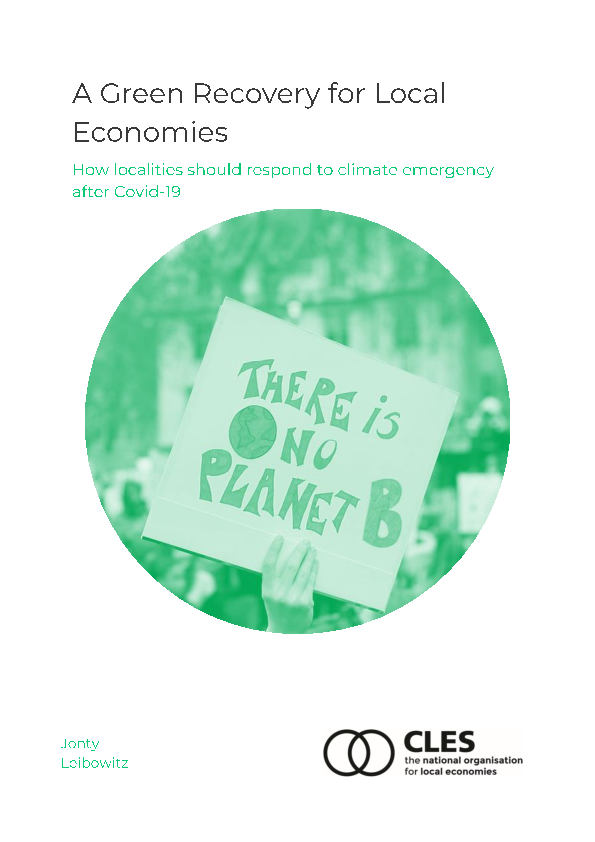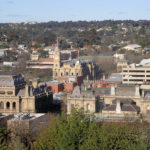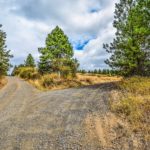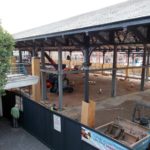A green recovery for local economies
Covid-19 and the climate emergency both expose in different ways the fundamental lack of resilience in how we develop local economies in the UK. There has been a lot of talk about how we must “build back better”, but if we want a green recovery worthy of the name, it will mean confronting these underlying issues once and for all.
Local economies are, right now, between a rock and a hard place: the rock – an unprecedented economic collapse, with mass unemployment, business failure, and social destitution for many; the hard place – the looming threat of climate emergency, with every new hot day a reminder that the clock is ticking towards ecological collapse.












